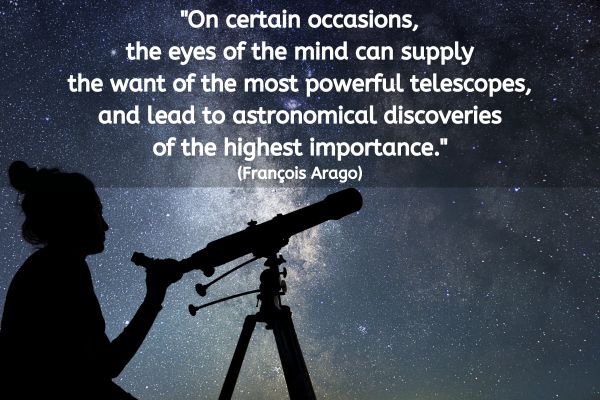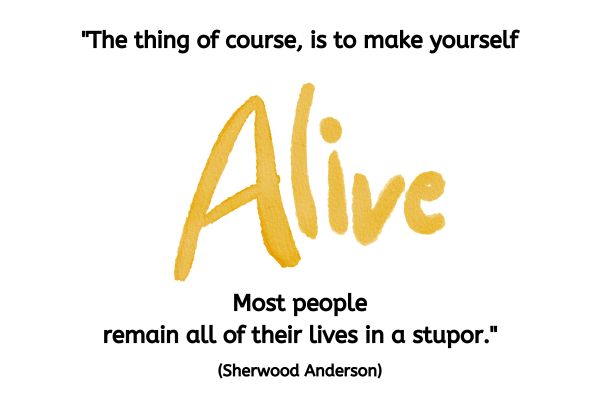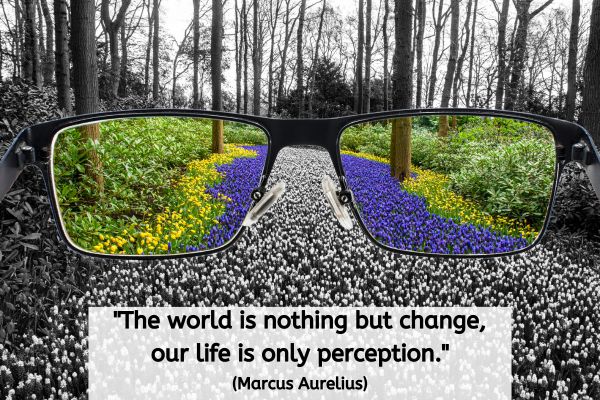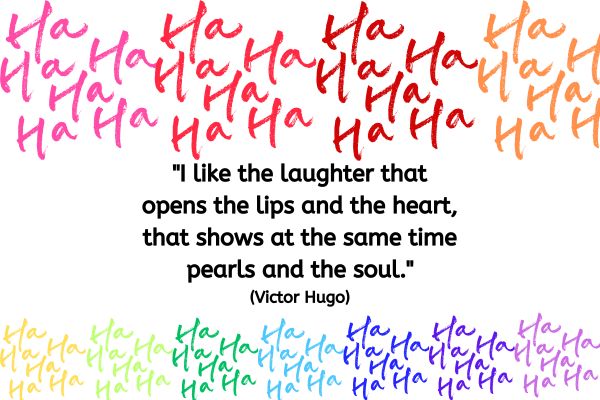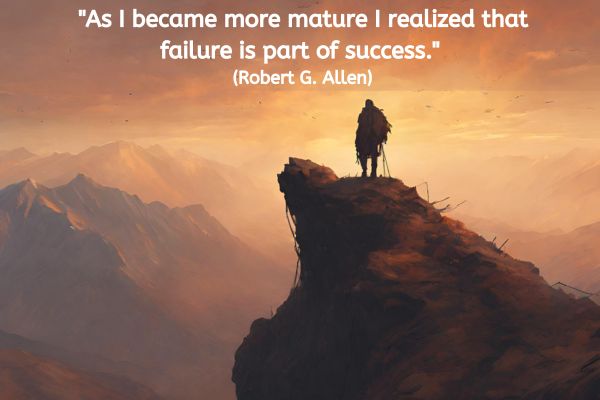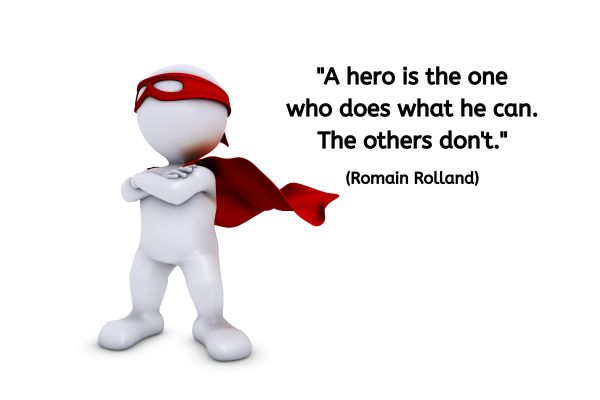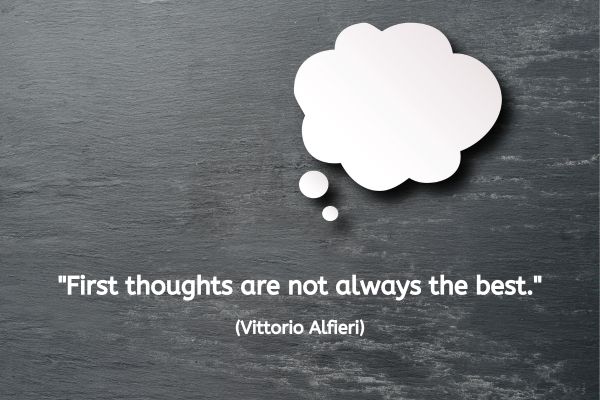Today’s quote is:
“First thoughts are not always the best.” (Vittorio Alfieri)
The key phrase in this quote for me is ‘always.’ That qualification is a valid point. Sometimes our first thoughts are merely a product of our current state of mind, influenced by transient factors that may not accurately reflect our deeper wisdom or truth. It’s not that they don’t serve a purpose – they can be great for ‘getting the ball rolling’ and seeing what else emerges.
When working with clients, it’s common to encounter situations where their initial thoughts lead them astray. Perhaps they react impulsively out of fear or uncertainty, making decisions that they later regret. Or maybe they hold onto limiting beliefs that cloud their judgment and hinder their progress. In these moments, Alfieri’s quote serves as a gentle reminder to pause, to step back from our initial reactions, and to explore alternative perspectives.
We can guide clients to tap into their innate capacity for insight and understanding. By quieting the noise of their busy minds and tuning into their deeper intuition, clients can access a reservoir of wisdom that transcends their initial reactions. It’s what’s pointed at by phrases such as ‘your gut reaction’ and ‘intuition.’
How do you tell the difference? For me, there’s a distinct feeling around that inner wisdom. If I take a moment to ask variations of ‘is that what I really want?,’ ‘is that true?,’ or ‘do I actually think that?,’ then many first thoughts are obvious ‘no’s,’ the product of a busy mind. Whereas, my own wisdom has a much more centred, calm knowing feel. There may not be a logical, well-thought-out, many-page reasoning behind it, but I just know.
Moreover, Alfieri’s quote reminds us of the dynamic nature of thought. Our thoughts are not static; they are fluid and ever-changing, influenced by a myriad of internal and external factors. What may seem like a clear and rational thought in one moment may evolve or dissolve upon closer examination. By embracing the fluidity of thought, clients can cultivate a mindset of openness and adaptability, allowing them to navigate life’s challenges with greater ease and resilience.
As coaches, we play a crucial role in supporting clients on their journey of self-discovery and growth. Rather than imposing our own judgments or assumptions onto clients, we hold space for them to explore their thoughts and feelings without fear of judgment or criticism. We encourage them to trust in their innate capacity for insight and understanding, guiding them towards greater clarity and self-awareness.
In conclusion, Vittorio Alfieri’s quote serves as a powerful reminder for coaches and clients alike to approach their first thoughts with a sense of curiosity and discernment. By recognizing the transient nature of thought and tapping into our innate wisdom, we can navigate life’s challenges with greater clarity, resilience, and insight. Sometimes there’s wisdom in second thoughts, guiding our clients towards a deeper understanding of themselves and the world around them.
About Jen Waller
Jen Waller is on a mission to support, nurture and encourage coaching skills and talents from non-coach to coach and beyond.
As an experienced coach and trainer, Jen is happy to utilise all skills at her disposal to assist clients from getting out of their own way and making a difference in the world with their coaching. Find out more about the support Jen offers here.
